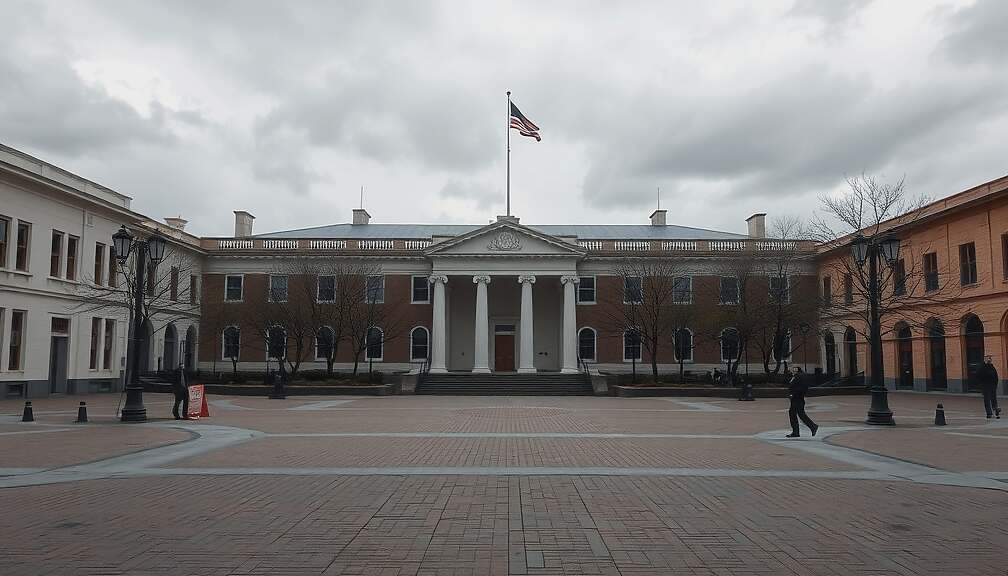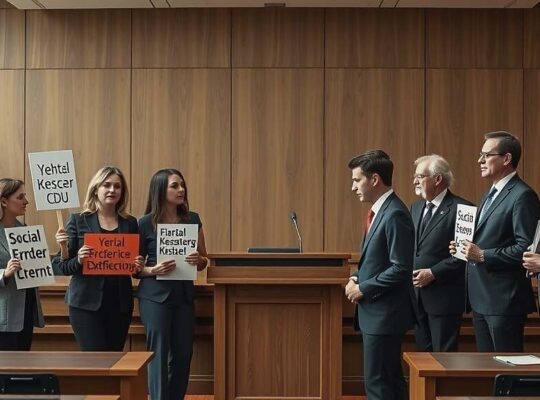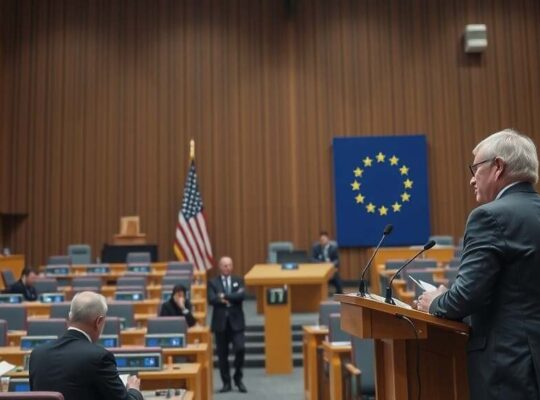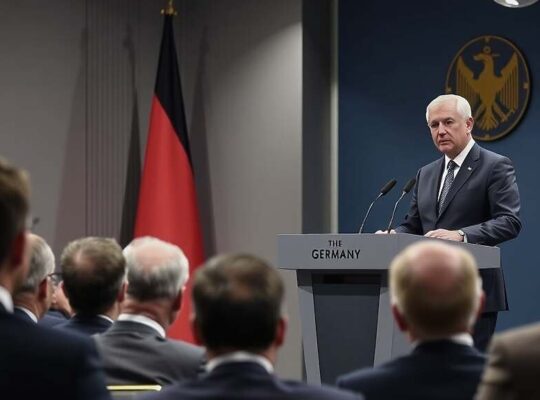The German Association of Cities and Municipalities (DStGB) has released a legal opinion sharply criticizing the current financial distribution system and raising constitutional concerns about the overburdening of local governments. The opinion, authored by former Federal Constitutional Court Judge and former Saarland Minister President Peter Müller, asserts that municipalities have constitutionally guaranteed rights to adequate and sufficient funding and should not be subject to unreasonable demands from federal and state authorities.
The DStGB is demanding a robust and legally secure framework to protect the autonomy of municipal governance, citing a widespread and creeping crisis of overextension across Germany. The current “overburdening protection” mechanisms are deemed ineffective. The association highlights a dramatic surge in social welfare expenditures over the past two decades, now exceeding €80 billion annually-a rise significantly outpacing the financial resources available to municipalities.
A core issue lies in the disproportionate division of responsibilities; municipalities are entrusted with roughly 70% of tasks but receive only 15% of the associated revenue. The DStGB’s President, Ralph Spiegler, argues that states have a fundamental obligation to ensure municipalities are financially equipped to fulfill their duties. He contends that local authorities are currently relegated to the role of mere executors for higher state levels, failing to enjoy the freedom of action crucial for authentic self-governance.
André Berghegger, the association’s managing director, accuses states of deliberately avoiding true financial compensation (“Konnexität”) through creative loopholes, leading to what he describes as an unbearable restriction of municipal self-determination. These maneuvers, he argues, undermine the constitutional right of local authorities to manage their own affairs.
Former judge Müller has proposed a radical solution: a direct funding channel from the federal government to municipalities, bypassing the states. He stated the necessity to explore alternative funding models to ensure municipalities can effectively perform their constitutionally mandated obligations. This suggestion implicitly questions the current state-centric model of financial distribution, which many believe concentrates power and resources at the upper governmental levels while crippling local authorities.
The escalating dispute underscores a growing tension between the demands placed on local governments and their ability to deliver essential services, potentially signaling a significant shift in the structure of German federalism and the potential upheaval of power dynamics within the nation’s governance system.












